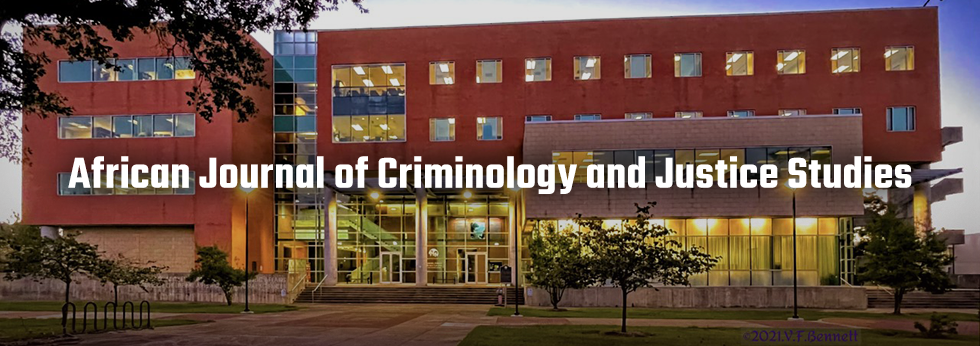Abstract
This paper offers an Indigenous-centred, critical perspective on the Colonial Projects (Thomas, 1994) employed in settler-colonial contexts to negate, or at the very least nullify, the negative impact of two inter-related ‘wicked problems’ that are deemed peculiar to these jurisdictions: the high levels of Indigenous over-representation in the criminal justice system, and the impact of Indigenous resistance to the hegemony of the imposed, criminal justice systems deployed by settler-colonial states. The paper is comprised of three inter-related parts; the first two outline the construction and deployment of Colonial Projects in the colonial and neo-colonial contexts, wherein it is argued that the matrix of criminal justice was foundational to the state’s attempted eradication of, and eventual socio-economic marginalisation of Indigenous peoples. The final part offers an argument that the continued success of criminal justice as a (neo)colonial project, stems from its parasitic relationship with the discipline of criminology. Together, these supportive colonial projects deployment against Indigenous peoples demonstrates that structural violence continues to be a significant component of social control in the neo-liberal, neo-colonial context.
Recommended Citation
Tauri, Juan Marcellus and Porou, Ngati
(2014)
"Criminal Justice as a Colonial Project in Contemporary Settler Colonialism,"
African Journal of Criminology and Justice Studies: Vol. 8:
Iss.
1, Article 3.
Available at:
https://digitalscholarship.tsu.edu/ajcjs/vol8/iss1/3


